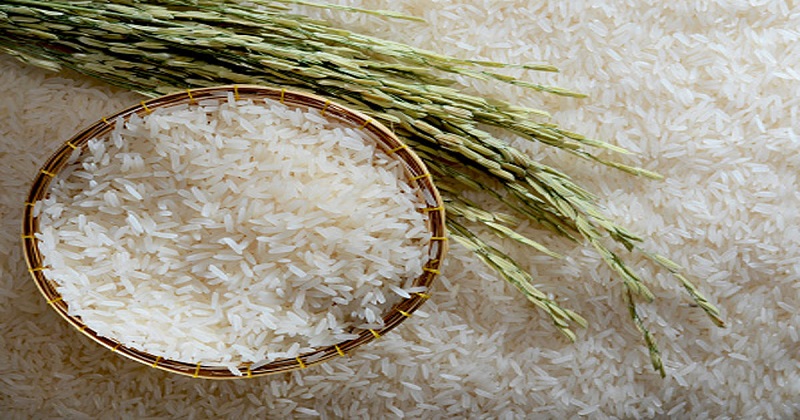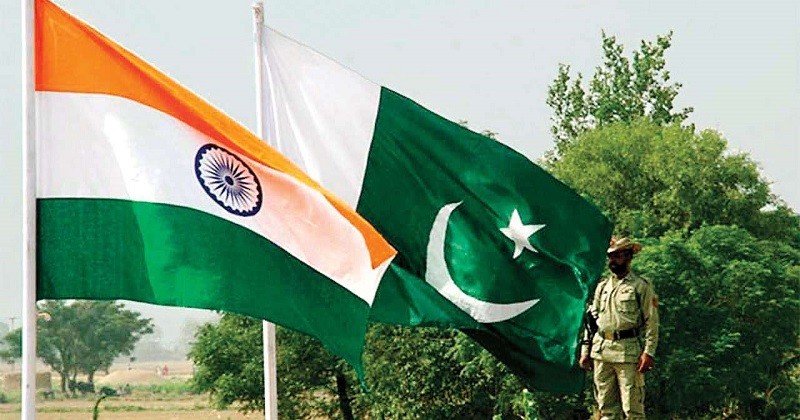
Despite differences between the two countries, again India and Pakistan have been in the spotlight. This time, the focus is on Basmati rice, distinctive long-grain rice that both rivals consume. According to reports, India has sought an exclusive trademark that would grant it ownership of the basmati title in the EU. In the booming export market, the ownership title could adversely affect Pakistan’s position.
As the issue directly affects them, the owners of rice mills in Pakistan have expressed their deep concern. India attempted to get a Protected Geographical Indication (PGI) from the European Commission, which Pakistan immediately opposed. In 2016, India had a $6.8 billion rice export market, while Pakistan had a $2.2 billion rice market. Basmati is the only product exported by the two rival countries.

Pakistani farmers who live close to the Indian border have accused India of deliberately grabbing their country’s ‘target markets’. Basmati Rice is a staple of southern Asian diets. Rice is served with meat and vegetable curries. However, it is primarily known for being the main ingredient of biryani dishes available across celebrations and occasions in both countries. There has always been tension in Indian-Pakistani relations, and the two countries spar on a regular basis on the world stage.
In the last three years, Pakistan has gained an edge by focusing on exporting basmati to the EU. Due to India’s inability to meet the stricter pesticide regulations in Europe, this has happened. In fact, Pakistan now fills two-thirds of the region’s annual demand of about 300,000 tons. PGI status confers intellectual property rights for products related to geographic regions where at least one stage of production, processing, or preparation occurs. PGI products include Indian Darjeeling tea, coffee from Colombia, and several French hams.
Read more: Lemonade seller to Sub Inspector: Giving wings to a dream
However, it differs from Protected Designation of Origin that requires all three stages to take place in the concerned region. In countries bound by the protection agreement, products that fall under this are legally protected against imitation and misuse. Additionally, quality recognition stamps enable them to sell for higher prices. Nevertheless, India has informed that it did not claim to be the only producer of the distinctive rice grown in the Himalayan foothills in its application.
This recognition, however, would continue to be bestowed upon it if its PGI status is achieved. In accordance with EU rules, both countries must negotiate and reach a resolution by September. Pakistan reportedly hopes India will instead submit a ‘joint application’ in honor of the common heritage that basmati represents. However, if a decision is not reached and India prevails, Pakistan can take action in European Courts.

Post Your Comments